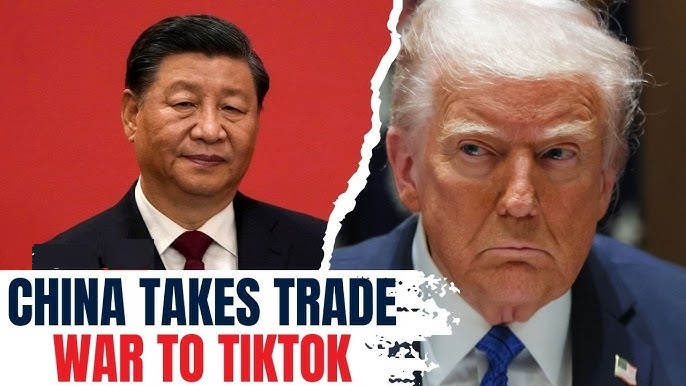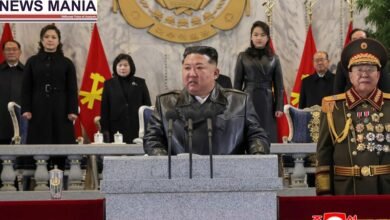
China is shifting the trade war to a different front: the TikTok feeds of Americans. This week, Chinese suppliers have inundated U.S. social media, encouraging users to bypass President Donald Trump’s 145% tariffs on China by purchasing directly from their factories.
A TikTok user named Wang Sen asserts that he is the original equipment manufacturer for many luxury brands, as he poses in front of a wall filled with what look like extremely expensive Birkin bags. OEMs operate in the background to produce items that a different company subsequently markets under its own brand name.
“Why don’t you just contact us and buy from us? You won’t believe the prices we (will) give you,” he said in one clip.
His video was later taken down by the app. In the meantime, though, DHgate, an online wholesale store infamous for selling Chinese dupes of luxury goods, has shot to #2 on the US Apple app store. Another app, Taobao, China’s OG e-commerce site, is at #7.
Multiple experts informed CNN that it is very unlikely these are genuine suppliers for brands such as Lululemon and Chanel. Authentic manufacturers typically enter into non-disclosure agreements, making it improbable that these creators are offering the genuine product.
The videos are not just showcasing the stress that tariffs are inflicting on consumers; they also illustrate the extent to which shoppers depend on China. These Chinese creators are promoting the idea that, even though the White House claims their economic policies prioritize America, these very policies will lead to American consumers either losing access to their favorite products or having to pay higher prices for them.
“Now this is how you do a trade war,” read one comment under a video claiming to feature the suppliers of Lululemon leggings with over 1.5 million likes.
So, are the expensive handbags watches labeled made in Italy or Switzerland actually produced in China? The answer is “neither a clear yes, nor a clear no,” Regina Frei, professor of sustainable and circular systems at University of the Arts London
Numerous luxury brands will initially assemble certain components or materials in China before finalizing the product assembly in France and Italy. This might include intricate components for a high-end watch or the wrapping for a luxury handbag. However, it’s impossible to completely understand due to the notoriously unclear luxury supply chains, Frei stated. Factories in Italy or other nations can still have connections to China through aspects like foreign ownership or management.






